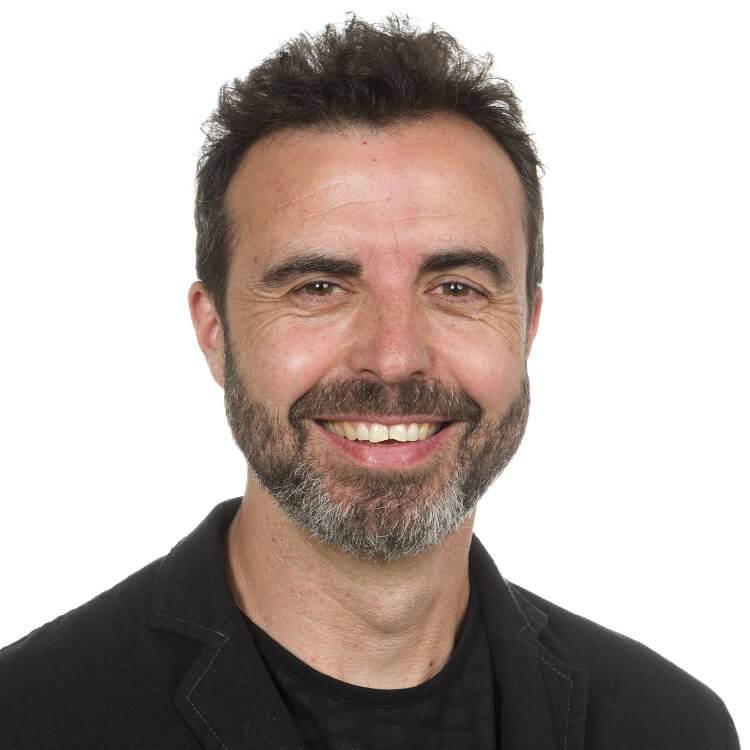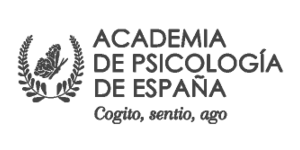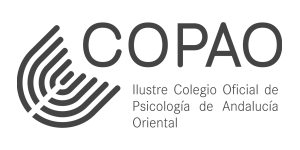Speaker

SERGI BALLESPÍ
University of Barcelona. Spain
I am director of the Mentalization and Mental Health Laboratory (https://www.mamhlab.cat) where I supervise projects about the role of transdiagnostic factors for salutogenesis (e.g., mentalization) in the transitions between mental health and illness.
I am especially interested in how we can extend the work on mental health (which has been traditionally limited to the clinical setting) to the non-clinical general population, with an especial emphasis in the neurodevelopmental stage, with the ultimate finality of helping new generations to grow up More Intelligent, Sensitive and socially Competent (MISC). In the recent years, we have been involved in several projects based on developing instruments to improve the measurement of mentalization (i.e. the human brain’s capacity to be aware of the mental states that underpins behavior such are emotions, intentions, feelings, thoughts), and on exploring the role of mentalizing polarities (e.g., self- versus other-mentalizing) and mentalizing dimensions (e.g., attention to emotions versus emotional clarity; attachment- versus non-attachment based mentalizing) on different aspects of mental health, understood as a dynamic state of equilibrium that makes us oscillate in a multidimensional and context-dependent continuum of symptoms, functioning and wellbeing ranging from severe impairment to flourishing.
As a professor of Personality, Assessment and Psychological Treatments at the Department of Clinical and Health Psychology of the Universitat Autònoma de Barcelona, I teach psychopathology and mental health in the Psychology degree and master’s degrees. As professor of the Doctorate Program in Clinical and Health Psychology, I supervise projects exploring the efficacy or the cost-efficiency of translational interventions to foster mental health in non-clinical ranges of the continuum. Our current research project aims to find new ways to promote mentalization based on technologies like Artificial Intelligence, Ecological Momentary Assessment, or eLearning platforms.
Interventions to improve children’s mental health and emotional wellbeing by enriching school and the family environment with factors for salutogenesis

Mental health is a dynamic state of equilibrium that enables individuals to navigate daily life, achieve personal fulfillment, and function effectively. However, for many, mental health remains “something you only think about and work on once a problem arises.” At that point, individuals seek treatment and learn strategies to strengthen their mental health. But what if this learning process occurred before the onset of a disorder? What if all children grow up in an environment that better promotes mental health skills as naturally as it promotes other learnings such are reading or writing? The patient-therapist situation, where mental health skills are usually trained, cannot be cost-efficiently transferred to the general population, but it is possible to enrich the environments where children grow up with factors for salutogenesis.
This symposium presents the preliminary results of two attempts to do so: the Kömtu Program, and the new family and school adaptations of the Mediational Intervention for Sensitizing Caregivers (MISC). On the one hand, two versions of the Kömtu program have been compared with a waiting-list control group in a parallel trial with six randomized schools. Results from the first year of implementation are presented. On the other hand, three translational adaptations of the MISC have been developed to make the MISC accessible to wide communities of parents and teachers: The MISC-T (for Teams of Teachers), the MISC-SA (Self-Administered thanks to a platform of eLearning), and the MISC-SELF (Social-Emotional Learning Focused).
The feasibility and impact of these MISC versions are explored in a pilot trial with primary school teachers (N=91) and in a parallel trial with families (N=243). Preliminary results of the MISC impact on children’s mental health and mentalization, as well as on parents and teachers’ stress, mentalization stance, and perceived self-efficacy in child management will be presented. Given that it is not possible to attenuate the growing incidence of mental disorders if we only intervene once disorders have already appeared, especially in light that 75% of psychopathological conditions start in the neurodevelopmental stage (i.e., before the age 25), this symposium aims to highlight the importance of bridging mental health interventions into non-clinical ranges of the mental ill-health continuum, with the ultimate finality of providing new generations with access to mental health skills before disorders appear, thus stopping the advance to the clinical threshold of impairment, dysfunction, and distress, and even beginning the journey toward the less familiar pole of the continuum: the flourishing mental health.












